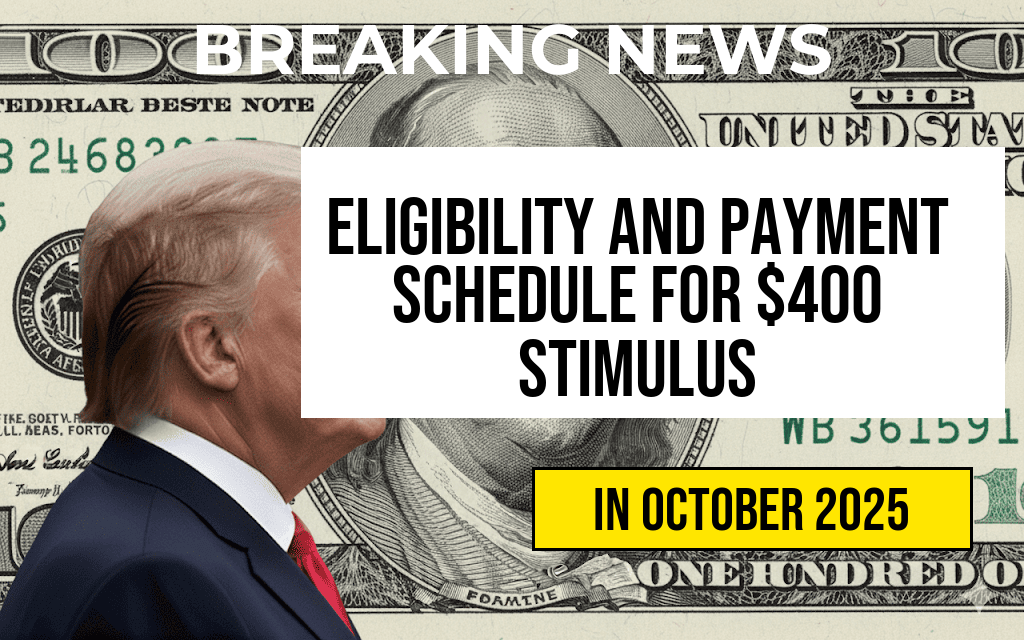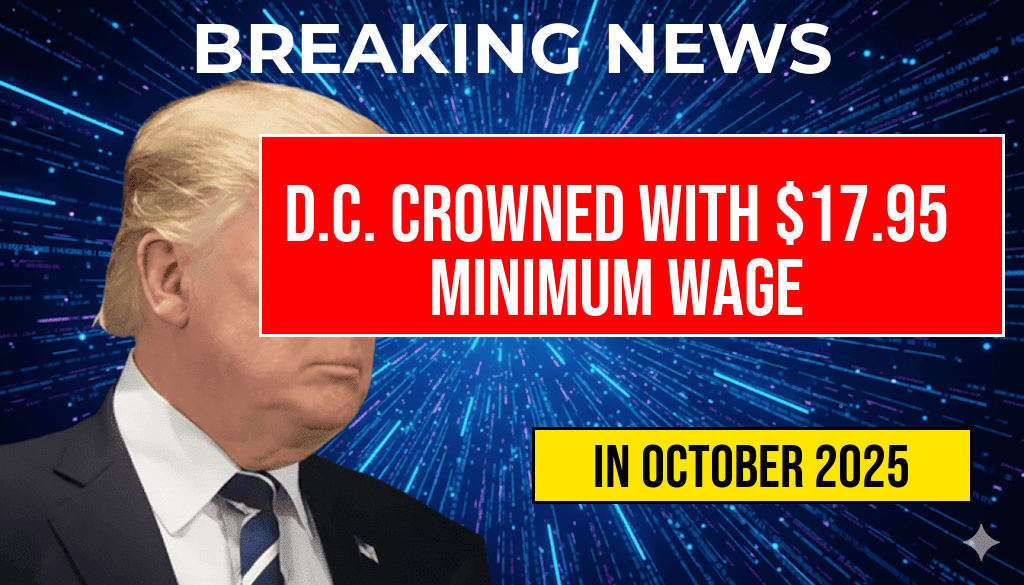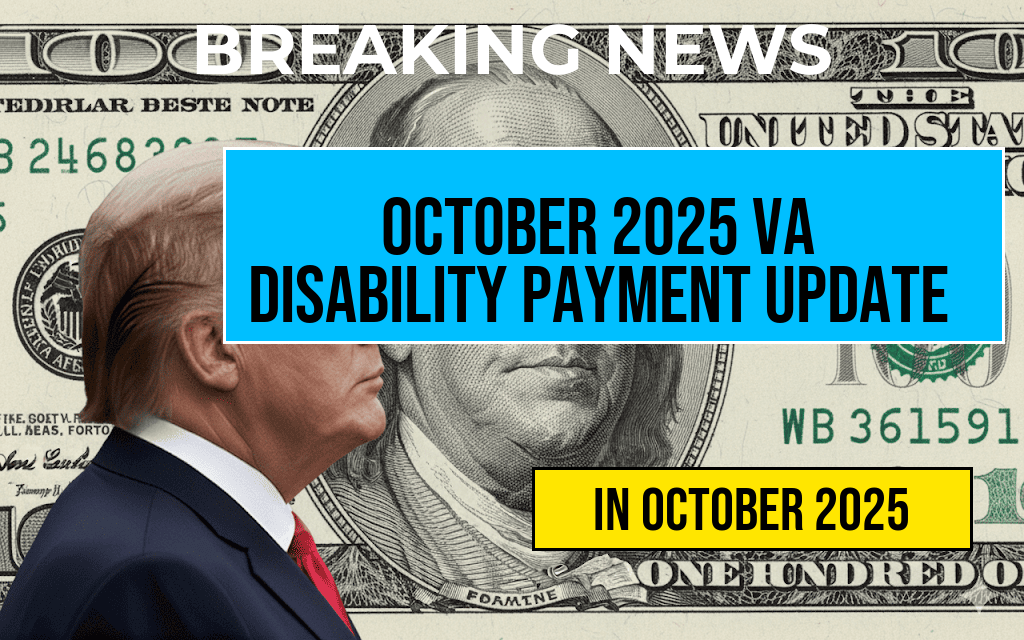The recent announcement regarding the $400 stimulus payment has generated considerable interest among American citizens facing economic challenges. The federal government has outlined specific eligibility criteria and a comprehensive payment schedule to ensure that this financial relief reaches those who need it most. Designed to boost economic recovery and support families, the initiative aims to provide immediate assistance amid ongoing inflationary pressures and rising living costs. Below, we detail the eligibility requirements and the complete payment timeline for this stimulus initiative.
Eligibility Criteria for the $400 Stimulus Payment
To qualify for the $400 stimulus payment, applicants must meet certain criteria set by the federal government. These requirements are designed to ensure that the funds are allocated to individuals and families who are in genuine need of financial support.
- Income Level: Applicants must have a gross annual income of less than $75,000 for individuals or $150,000 for married couples filing jointly. Adjusted gross income (AGI) will be used to determine eligibility.
- Residency: Only U.S. citizens and lawful permanent residents are eligible. Applicants must provide proof of residency, such as state identification or utility bills.
- Age Requirement: Applicants must be at least 18 years old by the date of application submission to qualify for the payment.
- Tax Filing Status: Those who filed tax returns in 2022 are prioritized, but individuals who did not file may still be eligible by providing adequate documentation.
Payment Schedule
The payment schedule for the $400 stimulus payment has been structured to ensure a smooth disbursement process. Payments will be issued in three phases, based on eligibility and processing order.
| Phase | Payment Date | Eligible Group |
|---|---|---|
| Phase 1 | December 15, 2023 | Individuals with AGI below $50,000 |
| Phase 2 | January 15, 2024 | Individuals with AGI between $50,001 and $75,000 |
| Phase 3 | February 15, 2024 | Married couples filing jointly with AGI below $150,000 |
How to Apply
Eligible individuals can apply for the stimulus payment through the IRS website or designated state tax agencies. The application process will involve submitting necessary documentation, including proof of income and residency. Those who have filed taxes will have their information automatically processed, while non-filers must provide additional evidence to support their claims.
Resources for Additional Information
For individuals seeking further details on the $400 stimulus payment, several authoritative sources are available:
- IRS Official Website – Offers comprehensive information on tax-related matters, including stimulus payments.
- Forbes – Provides articles and updates on financial relief measures and economic news.
- Wikipedia – Contains a historical overview and context of stimulus packages in the United States.
As the economic landscape continues to evolve, the $400 stimulus payment represents a vital lifeline for many Americans. By adhering to the outlined eligibility criteria and following the payment schedule, recipients can better manage their financial burdens during these challenging times.
Frequently Asked Questions
What are the eligibility criteria for the $400 stimulus payment?
To qualify for the $400 stimulus payment, individuals must meet specific income thresholds, have a valid Social Security number, and be a resident of the state providing the payment. Detailed criteria may vary by jurisdiction.
How will I know if I am eligible for the payment?
You can determine your eligibility by reviewing the guidelines provided by your local government or agency administering the payment. They typically provide tools or resources to help assess your qualifications.
What is the complete payment schedule for the $400 stimulus payment?
The payment schedule will vary by location, but payments are generally issued in batches. It’s important to check with local authorities for exact dates and any potential delays.
Will the stimulus payment be taxed?
No, the $400 stimulus payment is typically considered a non-taxable benefit. However, it’s advisable to consult with a tax professional for personalized advice regarding your situation.
How can I receive my stimulus payment?
The stimulus payment can be delivered via direct deposit, paper check, or prepaid debit card, depending on the method selected during the application process. Check with your local agency for specific options available to you.










